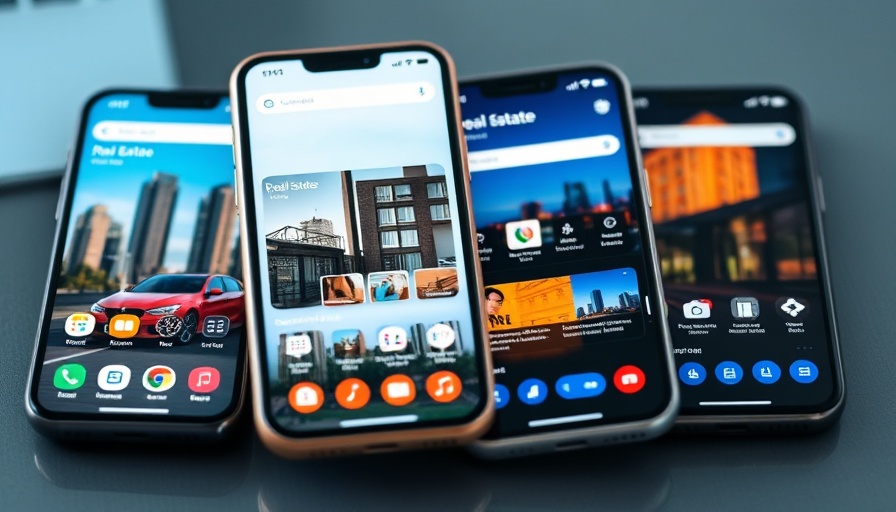
AI-Driven Solutions Reshaping Nigeria's Real Estate Landscape
If you’ve ever searched for a home in Nigeria, you are certainly aware of the many frustrations involved: unreliable agents, hidden fees, and a frustrating lack of transparency. Zedo, a burgeoning startup based in Lagos, aims to alleviate these pain points by harnessing both the complexities of artificial intelligence and an inclusive community approach.
Bridging Technology with Humanity
Zedo is not merely focused on implementing advanced technology; it champions the importance of human connections in the real estate market. Recognizing that finding a home is deeply personal, their innovative platform encompasses all stakeholders, including landlords, agents, and tenants, while catering to their unique needs.
AI-Powered Tools for an Empowered Community
One of the standout features of Zedo is its AI-driven property search platform, which offers users interactive options to search via WhatsApp or voice commands. Additionally, it fosters collaboration among agents and provides property management tools, enhancing efficiency and user experience. Ultimately, Zedo aspires to redefine trust and simplicity in a convoluted industry.
Future of Real Estate—A Community Approach
This initiative not only promises to make real estate transactions more seamless but also empowers users with clarity and connections that resonate with their desires. The platform’s early success—boasting over 10,000 registered agents and property listings—signals a strong community interest and support.
Taking Steps Toward Expansion
Looking ahead, Zedo has set its sights on expanding not just within Lagos but to other Nigerian cities and ultimately across Africa. Through crowdfunding efforts, they hope to enhance their AI capabilities and partner more closely with banks, legal experts, and industry regulators, ensuring that every real estate journey is secure and transparent.
Join the Movement for Change
The difficulty of navigating Nigeria’s real estate market should not deter anyone from finding their dream home. Zedo’s community-centric approach invites everyone—whether you’re an agent, a buyer, or simply curious—to join in reshaping this landscape. Explore Zedo’s journey on their Indiegogo campaign and become part of a genuine transformation powered by technology and trust.
 Add Row
Add Row  Add
Add 


Write A Comment